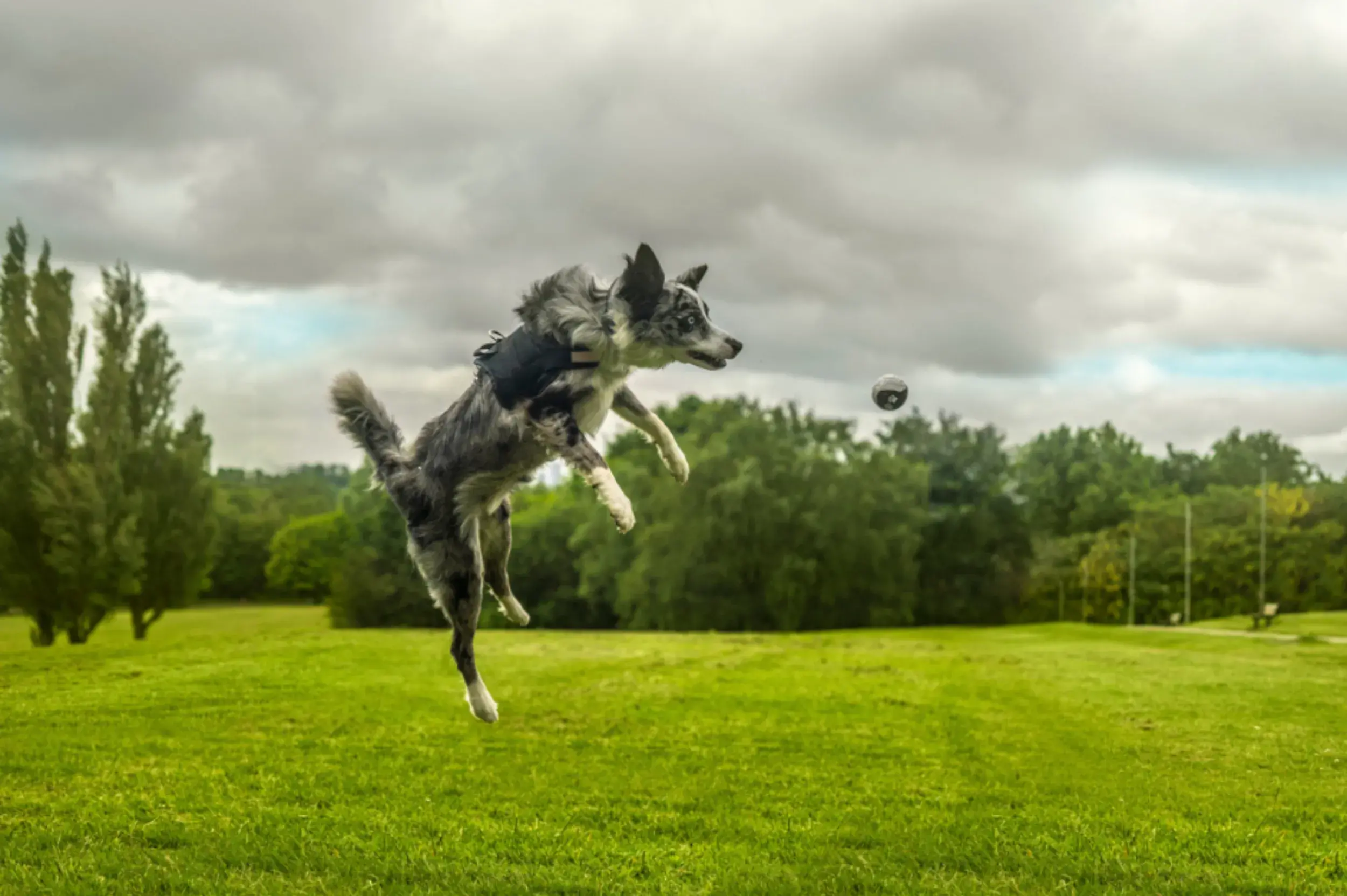Dog fouling – whether loose or bagged – is offensive, disgusting and a potential health hazard. Dog fouling is not only deeply unpleasant, but also dangerous with the potential to cause toxocariasis – a nasty infection that can lead to dizziness, nausea, asthma and even blindness or seizures.
While most dog owners are caring, responsible individuals, there are still some people who do not clean up after their pets. And with an estimated 13 million dogs in the UK, just a small proportion of people not doing the right thing leads to a deluge of dog waste in the streets and parks.
Whether it’s our research-led campaigns, our innovations, our legal advice, or our work with land managers and dog charities we are working hard to tackle the issue.




